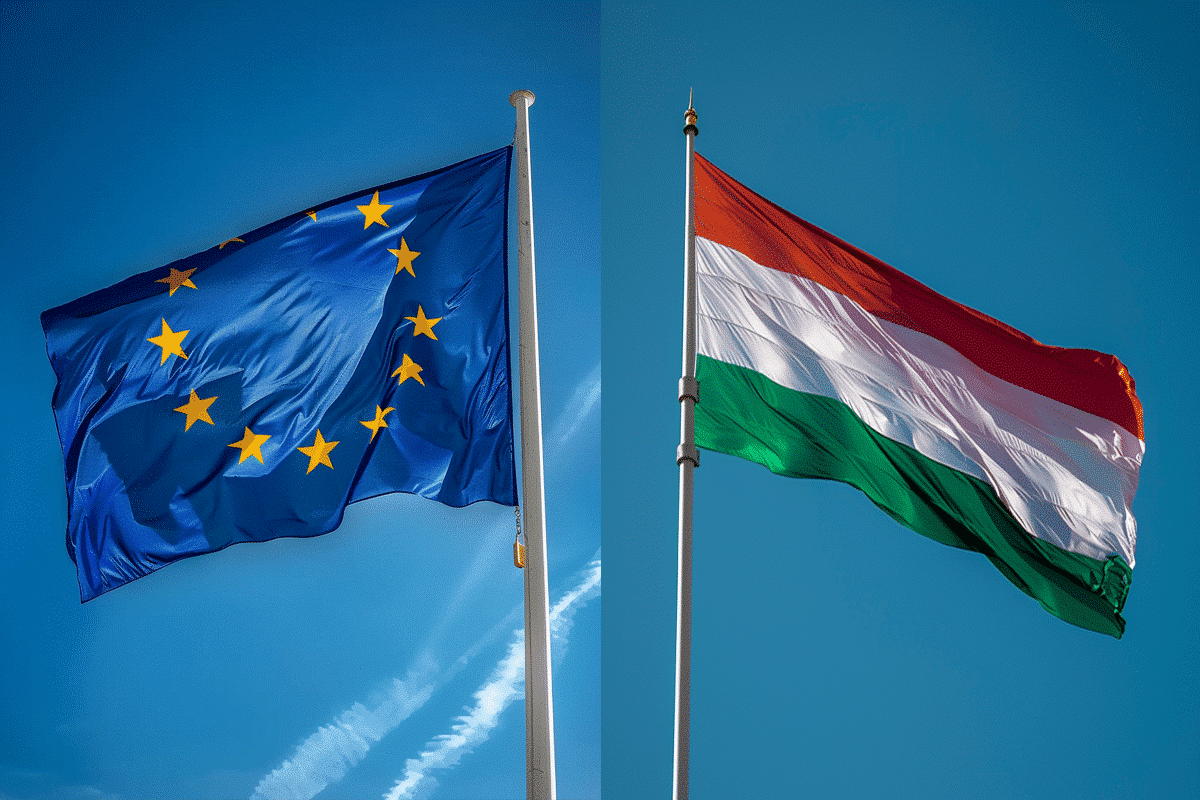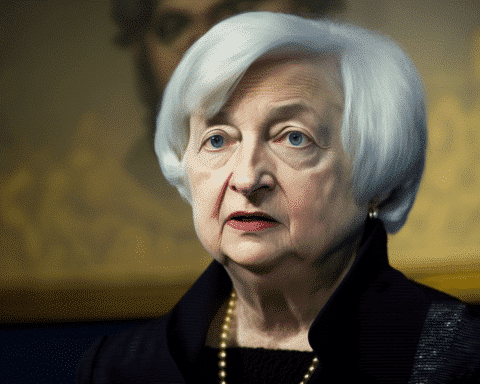Hungary’s blockage of a European Union statement pledging support for Ukraine has stirred controversy and raised questions about the bloc’s unity in response to the ongoing conflict in Eastern Europe.
The statement, which was prepared by the office of European Council president Charles Michel, aimed to express unwavering support for Ukraine from all EU member states. However, Hungary’s objection during discussions among EU leaders led to a lack of consensus, preventing the statement from being issued jointly.
According to diplomatic sources, Hungary’s objection centered around concerns regarding the language used in relation to defense, particularly regarding missiles. Additionally, there were criticisms raised about the EU’s silence on the situation in the Middle East. These objections were not isolated to Hungary, with other militarily neutral EU countries, namely Austria, Ireland, and Malta, expressing similar doubts.
Despite Hungary’s opposition, Michel, along with European Commission President Ursula von der Leyen and European Parliament chief Roberta Metsola, released a version of the statement in their names. In the statement, the EU pledged extensive support for Ukraine, including political, military, financial, economic, diplomatic, and humanitarian assistance.
Among the commitments outlined in the statement are promises to help Ukraine defend itself, protect its people and critical infrastructure, restore territorial integrity, and bring an end to the conflict. Furthermore, the EU announced its decision to initiate accession negotiations with Ukraine, signaling a potential path toward EU membership for the Eastern European nation.
In response to Ukraine’s pressing military and defense needs, the EU also pledged to address these concerns, including the delivery of urgently needed ammunition and missiles.
The blockage of the EU statement by Hungary underscores the challenges facing the bloc in presenting a united front in its response to the conflict in Ukraine. It raises questions about the effectiveness of EU decision-making processes and highlights divisions among member states regarding their approach to the crisis.
The absence of a unified stance from the EU on the issue could have implications for the ongoing conflict and the broader geopolitical landscape in Eastern Europe. It remains to be seen how the EU will navigate these internal disagreements and continue to support Ukraine in its efforts to defend its sovereignty and territorial integrity.
As of the time of publication, no official comment has been provided by Hungarian officials regarding their objection to the EU statement.




